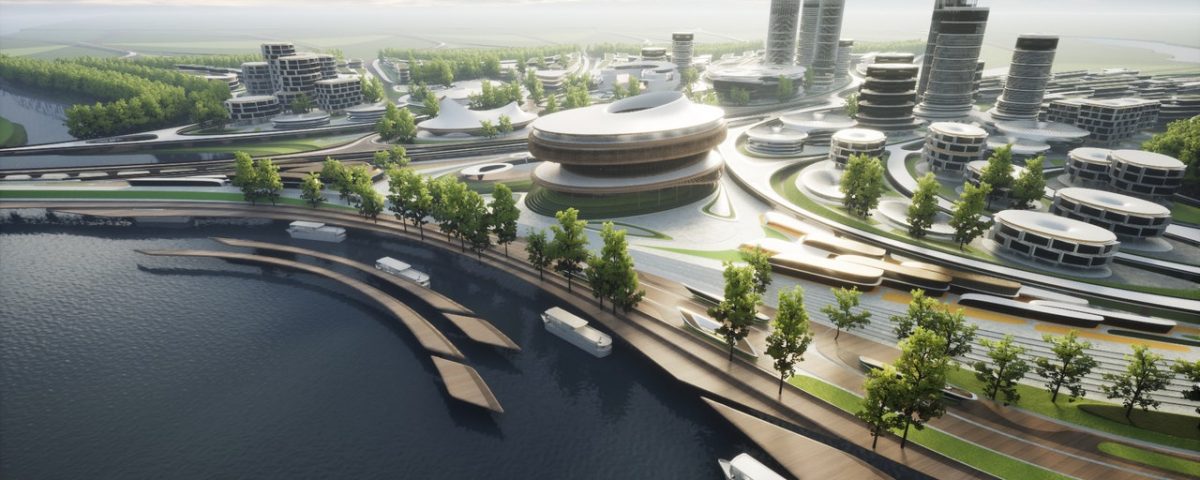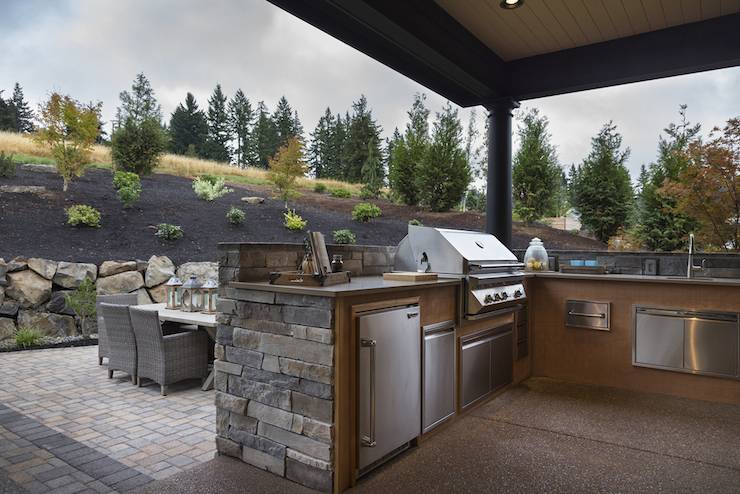- Privacy On Demand
- 020 8150 0080
- 0845 3886618
- info@priviglaze.com

Here’s a Simple Way to Decorate Your Kitchen and Free Up Some Counter Space
25 March 2022
11 Best Places to Shop for Machine-Washable Rugs 2022
25 March 2022Zaha Hadid Architects Is Building a Virtual City for the Metaverse

[ad_1]
Since Facebook changed its name to Meta, millions of people began wondering, “what is the metaverse?” Now, one of the world’s most famous architecture firms is responding in a big way. From the Evelyn Grace Academy in London to the Sheikh Zayed Bridge in Abu Dhabi, the futuristic structures that brought the late Zaha Hadid’s architecture and design firm an immeasurable amount of fame have always been ahead of their time—until now. The London-based firm recently announced that its visionaries, led by principal architect Patrik Schumacher and Metaverse’s Micah Bond and Nick Lacroix, are designing a virtual self-governed city in the metaverse.
The city, which will feature ZHA’s signature style in the form of a city hall, collaborative working spaces, and even galleries selling NFTs, isn’t entirely based on the creatives’s unstoppable imagination. In fact, ZHA’s cyber-world is a not-so-subtle nod to a real place: the Free Republic of Liberland, a 2.7-mile-long micronation squeezed between Serbia and Croatia. It was founded by Czech politician Vit Jedlickaback in 2015, and, as its name implies, Liberland’s small government celebrates libertarian values. But because of the lack of legitimate infrastructure, no one lives there, not even Jedlickaback. But now is the time to embark on the virtual development. Schumacher explains, “The time is ripe, technologically, economically and socially, for shifting more and more of our productive lives into the metaverse. The metaverse is just starting to show its potential to empower true global collaboration with global borderless participation.”
In ZHA’s metaverse, there are plenty of buildings and places for users to network, including the central plaza.
Photo: ZHASchumacher is hoping that his virtual metropolis will inspire the development of the real libertarian micronation that inspired the metaverse counterpart. And perhaps the future buildings will resemble the structures which reference the brutalist movement popping up throughout the virtual city. At the very least, the potential crop of buildings that may be underway someday in the near future is enticing to the 700,000 people that Jedlickaback said have submitted citizenship applications to Liberland. However, until that actually happens—which its bordering neighbors doubt—Liberland will exist online in a highly developed virtual reality where visitors’s avatars will network and collaborate.
Places like Liberland—countries with libertarian governments that boast few rules and regulations—resonate with the metaverse because it’s built using blockchain technology, which is decentralized and autonomous. After all, those elements, among others, including its lightning speed, are just a few reasons why people are gravitating towards cryptocurrency. In June 2021, for instance, the smallest Central American nation, El Salvador, passed a law that legalized accepting Bitcoin as legal tender.
[ad_2]
Source link

